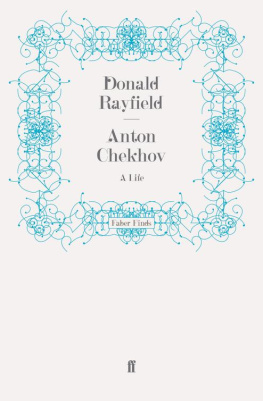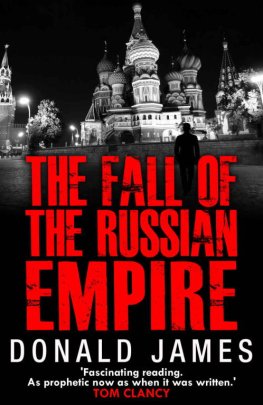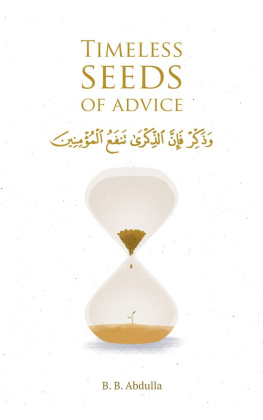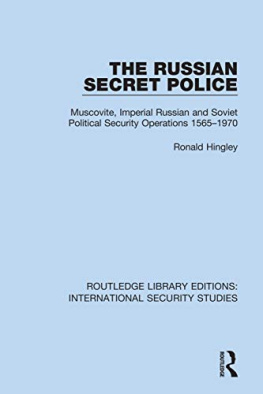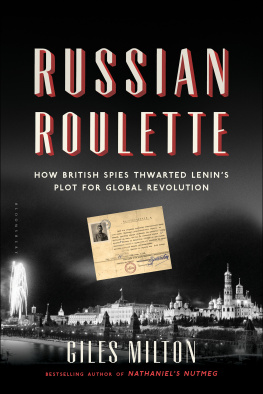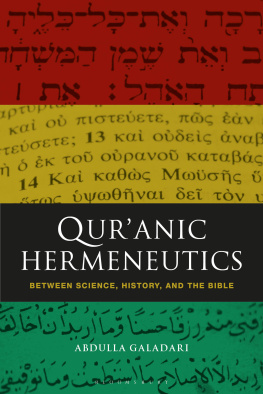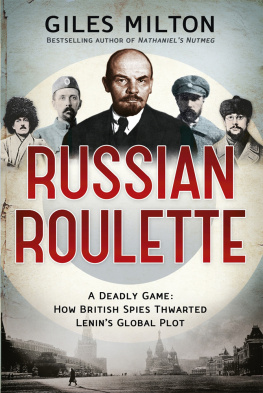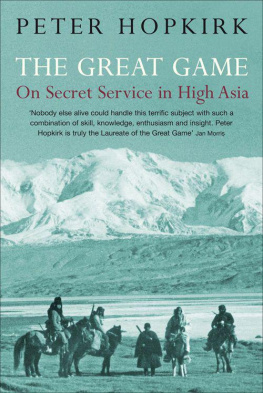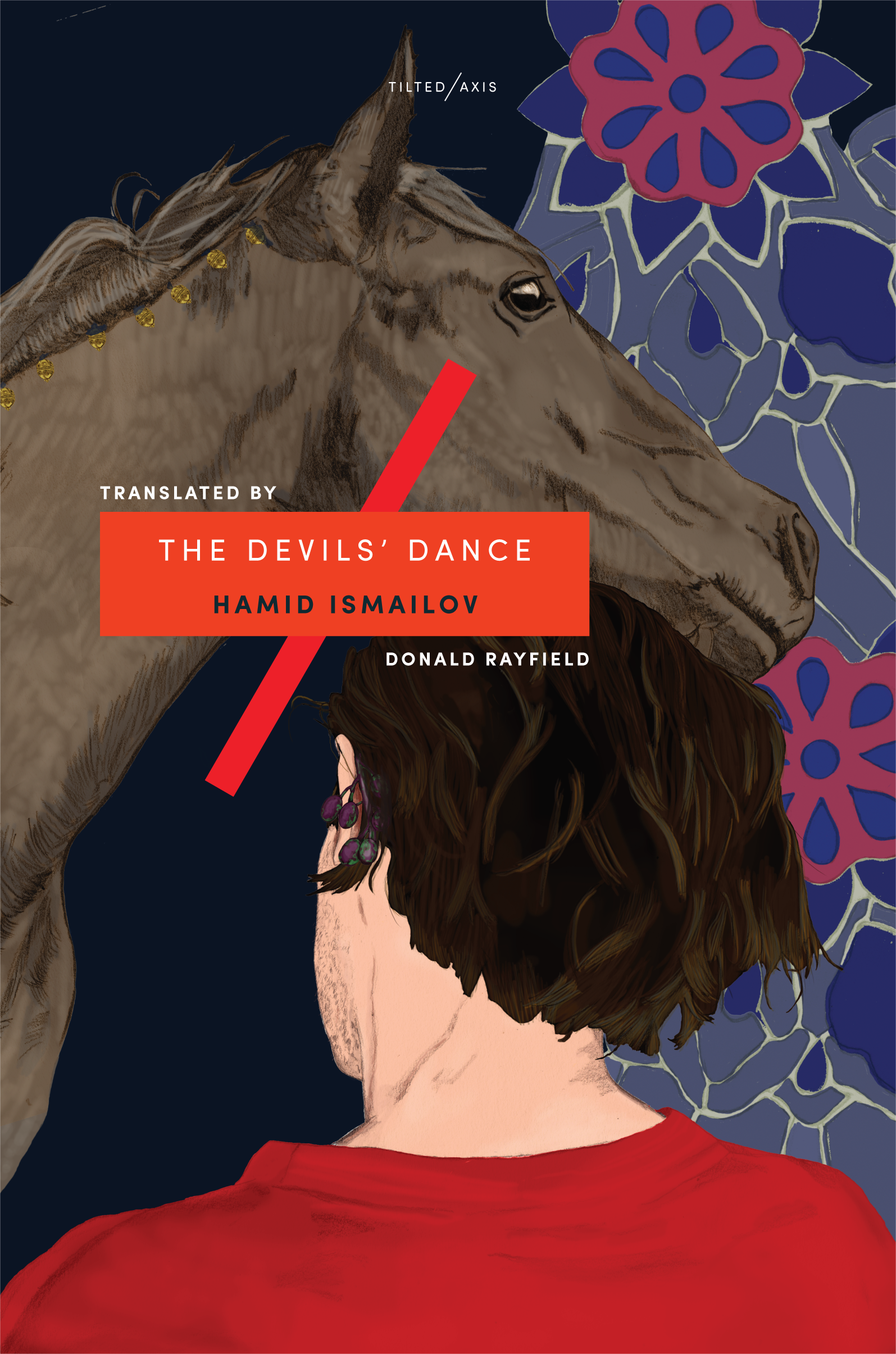I buried inside me the spark of love, Deep in the canyons of my brain. Yet the spark burned fiercely on And inflicted endless pain. When I heard Be happy in calls to prayer It struck me as an evil lure. So I told the angel my personal myths; They seemed to me more pure. But playing with her hair, the angel said: Your legends are needed no more! Her words buzzed noisily in my ears: Youre swimming in blood and gore. The king of lies told me to swim on: Your fortunes waiting there. But my soul arrayed in funeral black Is already awaiting there. Leave now, Satan; I am afraid. Go! My swords smashed , my shield holed. Dont you see? I am lying underneath A mountain of troubles, crushed and cold? Oh angel , one last breath, the last of all: One last look , then may the skies fall! Cholpon
Chapter 1
Polo
Autumn was particularly fine that year.
Wherever you happened to be walking home down the empty streets from the new tram stop, casting an eye over the clay walls of Tashkents Samarkand Darvoza district, or going out into your own garden after a long day every imaginable colour was visible under a bright blue sky. In autumns like this, the yellow and red leaves linger on the branches of trees and shrubs, as if they mean to remain there right until winter, quivering and shining in the pure, translucent air. But this motionless air and the tired suns cooling rays already hint at grief and melancholy. Could this bitterness emanate from the smoke of dry leaves, burning some distance away? Perhaps.
Abdulla had planned to prune his vines that day and prepare them for the winter. He had already cut and dried a stack of reeds to wrap round the vines; his children, playing with fire, had nearly burnt the stack down. But for the grace of God, there would have been a disaster. Walking about with his secateurs, Abdulla noticed that some of the ties holding the vines to the stakes were torn, leaving the vines limp. He couldnt work out how this had happened: had the harvest been too plentiful, or had the plants not been cared for properly? Probably the latter: this summer and early autumn, he hadnt managed to give them the attention they needed, and the vines had had a bad time of it. He was uneasy. He had the impression that some devilish tricks had been at play ever since he freed the vines from their wrappings in early spring. Almost daily, you could hear bands playing loud music, and endless cheering in the streets. Enormous portraits hung everywhere from the building on Xadra Square as far as Urda. Every pole stuck into the earth had a bright red banner on its end. As for the nights, his friends were being snatched away: it was like a field being weeded.
Not long ago, the mullahs son Gozi Yunus turned up dishevelled and unwashed from constantly having to run and hide and asked Abdulla to lend him some money, pledging his fathers gold watch as a token of his trustworthiness. Then Cholpons wife Katya came, distraught, bursting into tears and begging Abdulla to write a letter of support. Theyll trust you, she said. But who would trust anyone these days? These were vicious, unpredictable times; clearly, they hadnt finished weeding the field. As the great poet Navoi wrote, Fire has broken out in the Mozandaron forests. And in the conflagration everything is burnt, regardless of whether it is dry or wet. Well, if it were up to him, he would have been like a saddled horse, raring to go. Just say Chuh and hed be off.
With these gloomy thoughts in mind, Abdulla bent down to the ground to prune the thin, lower shoots of the vines. He systematically got rid of any crooked branches. If only his children would come running up in a noisy throng to help. Sadly, the eldest had fallen ill some time ago and was still in bed; otherwise he would have joined his father and the job would have been a pleasure. The youngest, Masud, his fathers pampered favourite, might not know the difference between a rake and a bill-hook , but he was an amusing chatterbox. The thought made Abdulla smile. The toddler found everything fun: if you put a ladder against a vine stake he would clamber to the top like a monkey, chattering, Dad, Dad, let me prune the top of the vine Of course you can! Abdulla would say.
Possibly, Abdulla wouldnt have time to prune, tie back and cover all the vines with reeds today. But there was always tomorrow and, if God was willing, the day after that. Soon after hed protected his vines, the cold weather would pass, the spring rains would bring forth new shoots from the earth, and the cuttings he had planted in winter would come into bud. It was always like that: first you pack and wrap each vine for the winter; the next thing you know, everything unfurls in the sun and in no time at all its green again. Just like literature, Abdulla thought, as he wiped a drop of sweat from the bridge of his nose.
The flashes of sunlight coming through the leaves must have dazzled him, for it was only now, when he tugged at a vine shoot bearing an enormous, palm-shaped leaf, that he discovered a small bunch of grapes underneath it: the qirmizka which hed managed to get hold of and plant last year with great difficulty. The little bunch of fruit hiding under a gigantic leaf had ripened fully and, true to its name, produced round, bright-red berries, as tiny as dewdrops, so that they looked more like a pretty toy than fruit. Abdullas heart pounded with excitement. He had been nurturing an idea for a book: the story of a beautiful slave-girl who became the wife of three khans. The autumn discovery of a bunch of berries as red as the maidens blushing cheek, hidden among the vines bare branches, had brought on a sudden clarity and harmony. Turning towards the house, he called out joyfully, Masud, child, come here quick! But suppose the firstfruit is too bitter? He plucked a berry from the bunch that he meant to give the toddler, and put it in his own mouth. Ramadan had just ended: he had forgotten the feel of food in daylight. The large pip crunched between Abdullas teeth, and its sweet flesh dissolved like honey through his entire body.
And suddenly he had a revelation: he knew how to begin his book. It would be a terrific story, surpassing both Past Days and The Scorpion from the Altar. Ahmad Qori, who lived at the top of Abdullas street, had lent him a stack of books by the classic historians, and he had already researched the fine details. If he could get the supplies in quickly he could then be on his own, sitting in front of the warm coal fire of his sandal. Surely the three months of cold would be long enough for him to finish his novel.
Abdulla didnt wait for his youngest child to toddle out from the ancestral house: he picked one more berry of the unexpected gift, tucked the tiny bunch of grapes behind his ear and got down to work.
On 31 December, 1937, a freezing winters day, Abdulla was taken from his home and put in prison, neither charged nor tried. So he did not begin his narrative with that early-ripening bunch of grapes in the shade of a broad leaf. Instead, Abdulla began his novel by describing a typical game of bozkashi, where players fight for a goat carcass
Nasrullo-xon , ruler of Qarshi, was very fond of bozkashi, though as a spectator rather than a participant. Today, mounted on a bay racehorse which had only just been brought out from the stables, he rode onto the boundless meadow that lay outside the city. He preferred bay horses to those of any other colour, possibly because he could whip the horses croup or slash its leg with his sword and the blood would barely be noticeable against its copper coat. When they saw their ruler and his courtiers, the people raised their voices in welcome. Nasrullo glanced at his lively mount with satisfaction: tiny golden bells were attached to its mane, and it quivered nervously each time it caught the faint sound of their ringing. The soft leather bridle was decorated with mother-of -pearl, the saddle edged in red gold, while the saddle-cloth was made of white baby camel wool felt. Damn you, the corpulent ruler barked at his horse every time he was jolted. And what a wonderful gold-embroidered gown he wore! It shone so bright that it dazzled the eyes. But even more bewitching was his belt with its pure gold buckle and a jewel the size of a horses eye. A scabbard and sword were attached by a strap to the belt. Nobody would doubt that the khans horse alone was worth more than all the possessions of the crowd that had gathered here. Ah, what a treasure, Nasrullo thought, bursting with pride as he gave his horse a slap on the croup.


